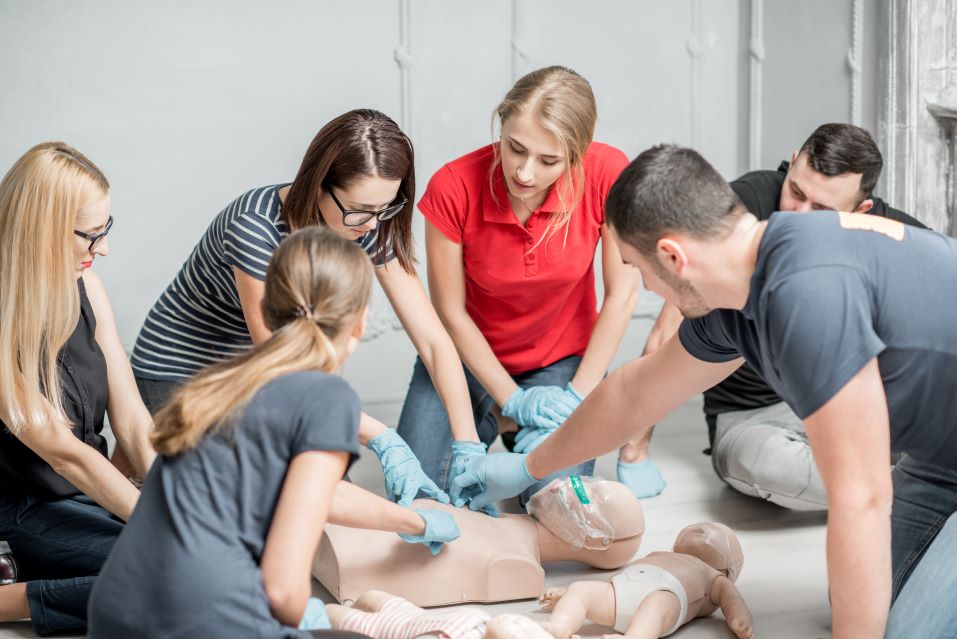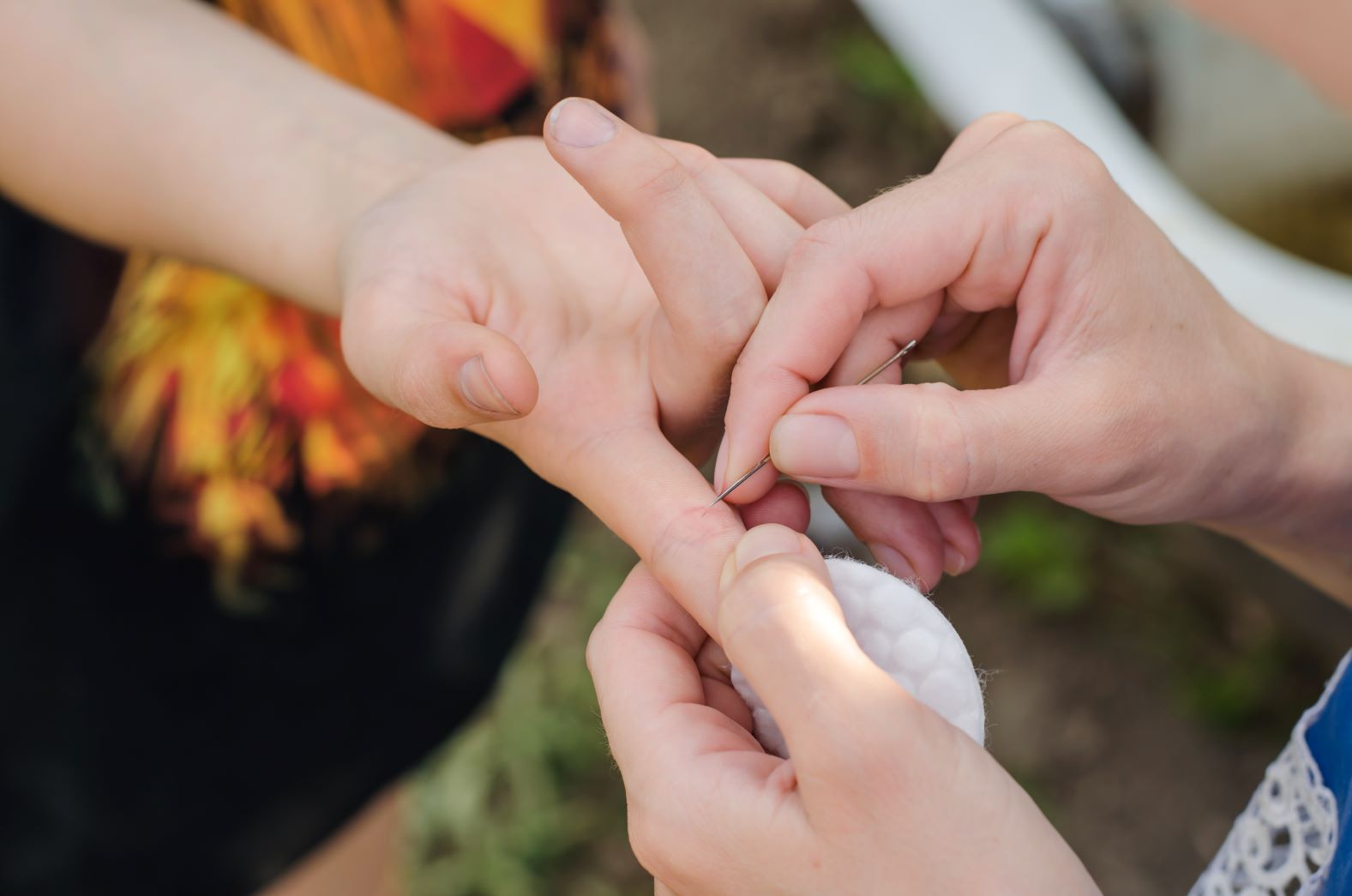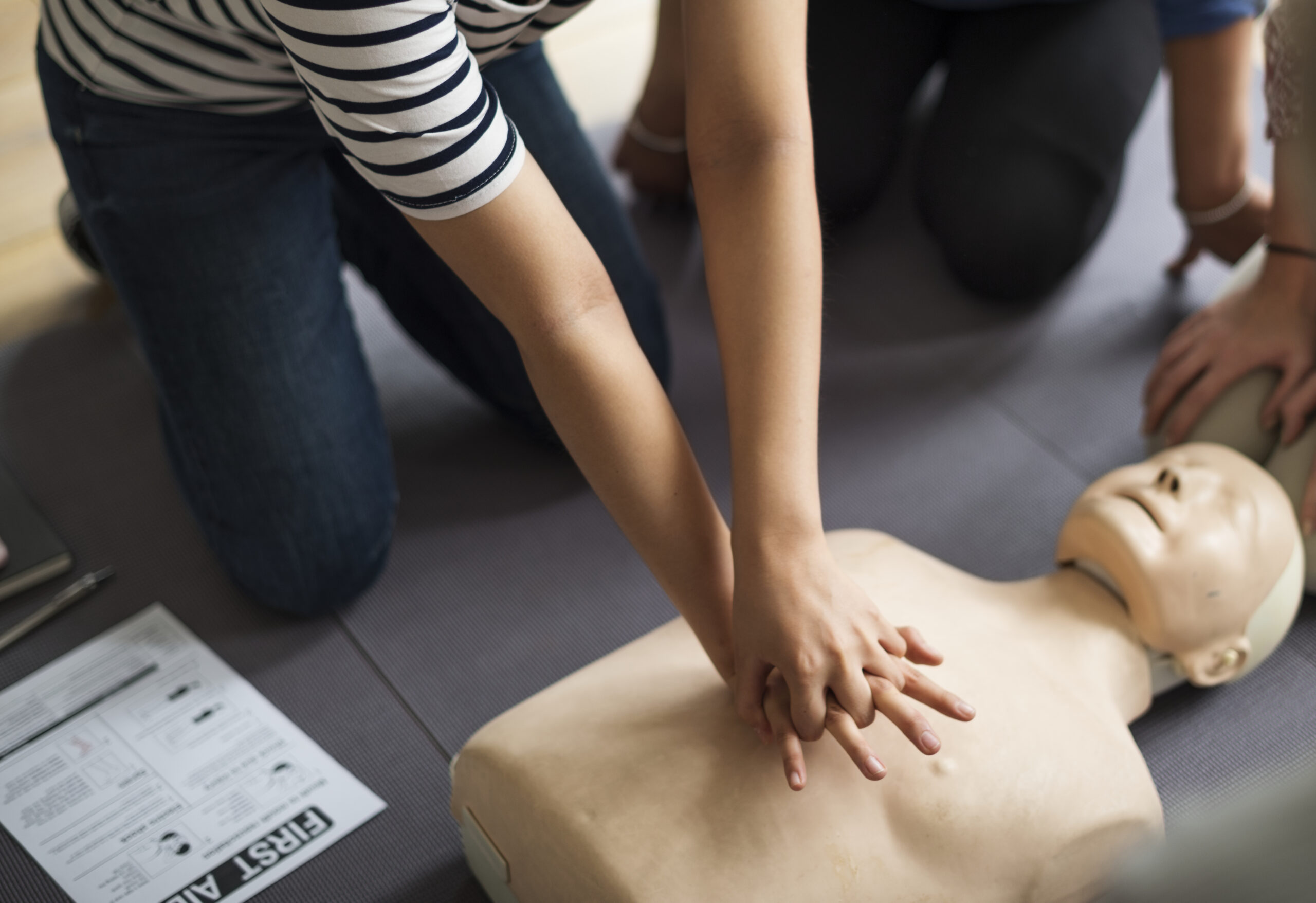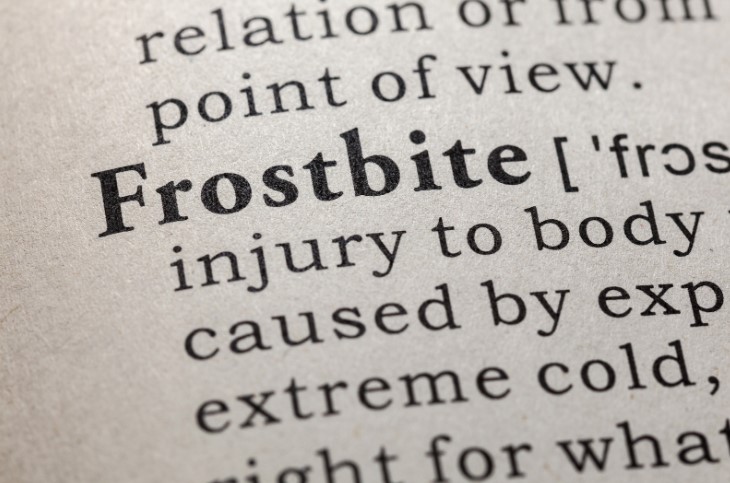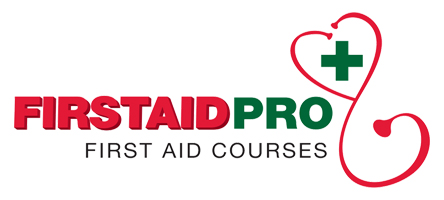6 Self-Care Tips for Better Mental Health: Even small acts of self-care in everyday living can greatly impact your overall wellness.
Read on as we explore easy yet effective ways to care for yourself.
Why Is Self-Care Important?
Self-care is the general term used to describe the actions you do to deliberately improve your physical, mental, and emotional well-being. As simple as it sounds, many of us pay little to no attention to self-care. This enters the benefits of focusing on self-awareness by tuning into your body and taking the time to nourish it properly.
Adding self-care tips into your routine benefits your overall being, and the more you incorporate them into your life, the more confident, creative, and productive you can get. It also helps make better decisions, build stronger relationships with others, and communicate more effectively.
When it comes to mental health, self-care can promote the absence of mental ill-health. It can also help in the treatment and recovery process for those experiencing mental crises.
Self-care is an important activity that we should incorporate into how we live. Doing so will lead to a better life balance and improved overall health and wellness.
6 Self-Care Tips For Better Mental Health
Here are six self-care tips to improve your mental health and overall well-being.
Take Care Of Your Body
Pay attention to your physical health, as it is a core part of self-care. It has been proven that the body and the mind have a unique connection. Therefore, it isn’t easy to be at your best self (with a positive mindset) when you are not feeling good about your body,
Engaging in regular physical exercises is a good way to be physically fit. In fact, research shows that regular physical activities increase the level of serotonin in the body, which significantly improves one’s mood and energy.
When doing exercises as a form of health care, we recommend choosing an activity that you love or personally enjoy. It could be running at the park, brisk walking around the neighborhood, swimming, or anything that makes you feel alive.
By doing so, you derive extra fulfillment from what you are doing. The “fulfillment” is then what encourages persistence, especially during times when you lack time and motivation to do it.
Other ways to take care of your body include eating nutritious meals, drinking plenty of water, getting enough sleep, and avoiding smoking and other vices.
Surround Yourself With Good People
Research proves that people with strong family or social connections have better mental health than those who lack a support system.
As a way of self-care, you can make plans with supportive family members and friends. Alternatively, you can seek out activities where you meet new people and socialize, such as clubs, events, or support groups.
Change Your Mindset
Too often, we focus on the negatives after a bad event or situation, and we tend to forget all the amazing things around us. In these moments, we show little appreciation for the good things and focus on the unpleasant ones. This is not the right way to go to achieve healthier, better mental health.
Changing your mindset starts with positive thinking through self-talk. Self-talk refers to the endless stream of unspoken thoughts that runs through your head. If your thoughts are positive, you are likely an optimist or someone who practices positive thinking.
Health benefits that positive thinking may provide include lower rates of depression and better psychological and physical well-being. Research also shows that having a positive outlook is linked to increased life span and greater resistance to illnesses (e.g., cardiovascular disease, stroke, cancer, etc.)
Adopting a gratitude mindset is one of the best ways to achieve the highest level of self-care.
Practice Relaxation Practices
Try relaxation practices as a way of self-care, such as meditation, mindfulness techniques, and prayer.
Doing relaxation exercises help improve your state of mind and outlook in life. It may also help you feel calm and enhance the effects of therapy (if you are undergoing one).
Learn How To Deal With Stress
Whether we like it or not, stress is a part of everyday life. Stress is the body’s physical, mental, or emotional reaction to pressure from a certain situation or event. If left unchecked, stress can contribute to many health problems – physically and mentally.
To cope with life stressors, understand what is happening inside your brain and learn simple skills to combat the negative effects of stress. Even simple things like exercising, taking a nature walk, playing with your pet, or writing in your journal can work to reduce your stress.
Also, remember to smile and see the positive things in life. Research shows that smiling or laughter can boost one’s immune system, ease pain, relax the body, and reduce stress.
Get Help When You Need It
Contrary to the stigma that has been around for decades, seeking help is a sign of strength – not a weakness.
People who get the appropriate care they need in times of crisis often recover from mental illness and substance abuse. When deciding to seek help, it is important to remember that mental health first aid treatment is effective, and you are only a few steps away from leading a full, rewarding life.
If you or someone you know is going through difficult times and is affecting your mental health, seek help. There is no shame in asking for the help of others, especially if it is for the betterment of yourself or your loved ones.
Also, we recommend learning about mental health first aid to know the risk factors and warning signs of mental illness. The course will teach you how to help someone experiencing both crisis and non-crisis situations and where to turn for help.
Additionally, it will teach you ways to take care of yourself aside from the 6 self-care tips for better mental health we mentioned in this blog.
Learn Mental Health First Aid
Living healthy, eating nutritious food, meditation, a change of mindset, stress management, and getting the right help are just some ways to take care of yourself.
Self-care is personal, and no general principle will work for everyone. In fact, there is no perfect, correct, or best way to approach self-care routines, as what makes you feel good may be different from the person next door.
Good mental health and overall wellness are only achieved by doing things that make you feel happier or more relaxed. For some, it means watching a feel-good movie while taking a bubble bath; for others, it may mean going to the gym after a stressful day at work.
If any of the self-care tips above work for you, do it for better mental health.
For more ideas and tips for healthy practices for the mind, body, surroundings, and relationships – consider getting a mental health first aid course.


